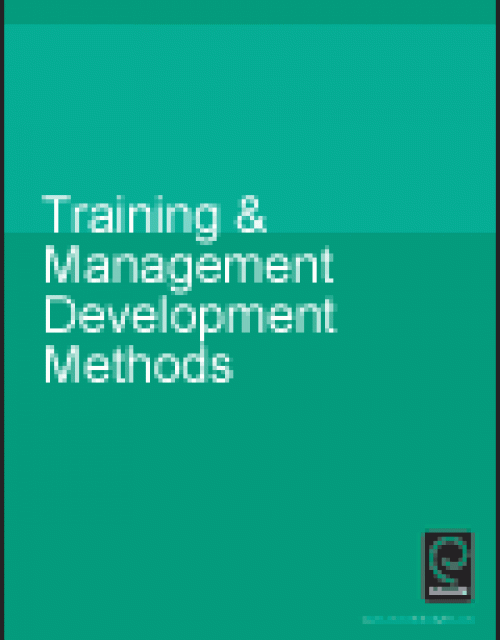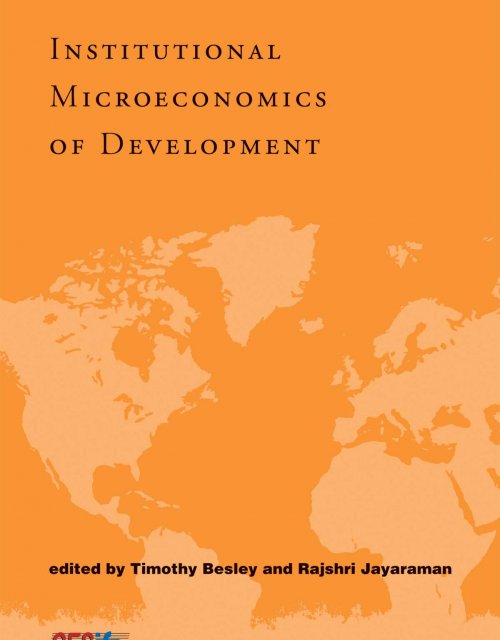Publication records
Subject(s)
Economics, politics and business environment; Finance, accounting and corporate governance
Journal Pages
1–13
Subject(s)
Human resources management/organizational behavior
Keyword(s)
leader and leadership development, distributed leadership, network building, boundaryless organizations, talent management, corporate universities
A pdf file of this working paper may be available at INSEAD.
Pages
23
Subject(s)
Human resources management/organizational behavior
Keyword(s)
group work, 360-degree assessments, emotional intelligence, reflective space, leadership development, transformation, motivational need systems, clinical paradigm
A pdf file of this working paper may be available at INSEAD.
Pages
30
Subject(s)
Human resources management/organizational behavior
Keyword(s)
values, leadership, executive education
This paper explains how the authors have successfully integrated values, guiding principles, codes of conduct and other intangible elements of organizational culture into executive-education programmes.The paper highlights the problems of integrating values, guiding principles, codes of conduct and other intangible elements of organizational culture in executive-education programs and suggests how a Leading for Values workshop can be designed and conducted to overcome these problems.
With permission of Emerald
Volume
24
Journal Pages
3.15–3.21
Subject(s)
Economics, politics and business environment
Keyword(s)
institutions, economic development, microeconomic perspectives
The narrative of development economics is now infused with discussions of institutions. Economists debate whether institutions-or other factors altogether (geography, culture, or religion)-are central to development. In this volume, leading scholars in development economics view institutions from a microeconomic perspective, offering both theoretical overviews and empirical analyses spanning three continents.
After substantial introductory chapters by Pranab Bardhan and Marcel Fafchamps, two scholars who have published important work on this topic, each of the remaining chapters examines a particular set of institutions in a unique setting. These chapters treat the effects of Angola's violent conflict on that country's development; institutional accountability in Uganda; the effect of Indonesia's ethnic diversity on the distribution of public goods; the impact of trade liberalization on India's investment climate; extended family networks in Mexico; and a microeconomic perspective on land rights in Ethiopia.
The chapters demonstrate the remarkable heterogeneity of institutions-policy change is mediated through local market institutions, government institutions, and families-as well as the empirical and methodological ingenuity of current research into this crucial topic.
Pages
250
ISBN
978–0–262–01406–9
Subject(s)
Technology, R&D management
Keyword(s)
outlaw community innovation, video game consoles, homebrew software
Secondary Title
Perspectives on user innovation, Series on Technology Management
Pages
191–210
ISBN
978–9814291309
Subject(s)
Human resources management/organizational behavior
Keyword(s)
Russia, learning, management
This column discusses the challenges of finding oneself in a situation of luck and not mixing up hard work and effort with serendipity in the context of Russian organizations.
Subject(s)
Economics, politics and business environment
Keyword(s)
Payment card networks, interchange fees, merchant fees
JEL Code(s)
G21, L11, L42, L31, L51, K21
Payment card networks, such as Visa, require merchants' banks to pay substantial "interchange" fees to cardholders' banks, on a per transaction basis. This paper shows that a network's profit-maximizing fee induces an inefficient price structure, over-subsidizing card usage and over-taxing merchants. In contrast to the literature we show that this distortion is systematic and arises from the fact that consumers make two distinct decisions (membership and usage) whereas merchants make only one (membership). These findings are robust to competition for cardholders and/or for merchants, network competition, and strategic card acceptance to attract consumers.
An earlier version of this working paper appeared in the European Central Bank Working Paper Series (No. 1139).
View all ESMT Working Papers in the ESMT Working Paper Series here. ESMT Working Papers are also available via SSRN, RePEc, EconStor, and the German National Library (DNB).
Pages
38
ISSN (Print)
1866–3494
Subject(s)
Human resources management/organizational behavior
Keyword(s)
Coaching, responsibility, choice
Volume
8
Journal Pages
87–88
ISSN (Print)
1727-4192
Subject(s)
Strategy and general management; Technology, R&D management
Keyword(s)
technology commercialization, biotech, applied game theory, biotechnology, capabilities, innovation, entrepreneurship
This paper analyzes the technology commercialization strategy of an innovating firm when the incumbent firms possess specialized commercialization capabilities. According to the predominant framework, if the innovation is protected by a strong appropriabilty regime the optimal strategy is to license the innovation to an incumbent product firm. This paper argues by contrast that if the innovating firm has the ability to learn from its commercialization experience, its optimal strategy may be to commercialize alone or to pursue a hybrid arrangement (called co-promotion) whereby it licenses the innovation but retains the rights to participate in the commercialization process. The paper develops a game-theoretic model of the technology commercialization process and derives the conditions under which these different strategies are equilibrium outcomes. It then uses these to explain the pattern of arrangements pursued by biotech firms attempting to commercialize products in the pharmaceutical industry between 1978 and 2008. The results show that a firm is significantly more likely to use the hybrid strategy when there is a higher probability of commercializing a subsequent product in the same product field in future, when there are more firms competing to license the innovation, and when it is in a stronger financial position.
View all ESMT Working Papers in the ESMT Working Paper Series here. ESMT Working Papers are also available via SSRN, RePEc, EconStor, and the German National Library (DNB).
Pages
52
ISSN (Print)
1866–3494

